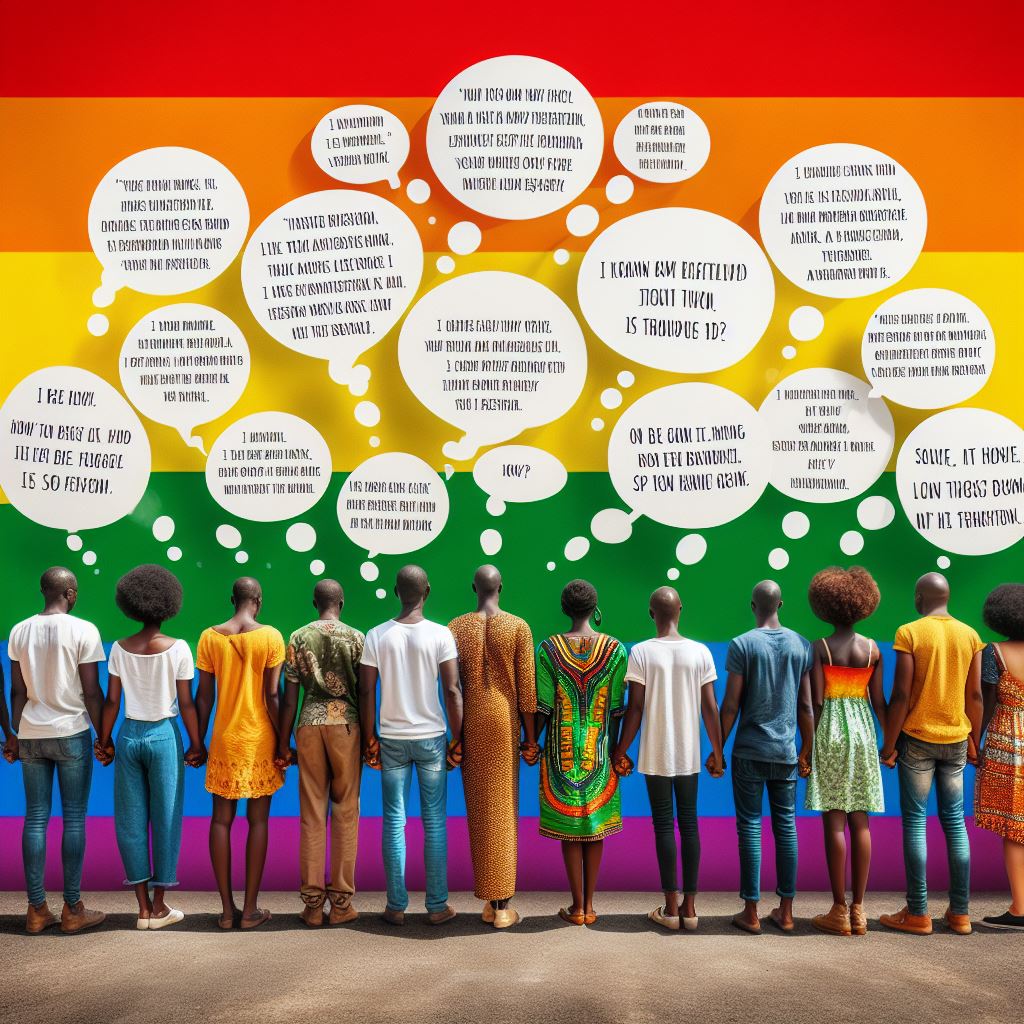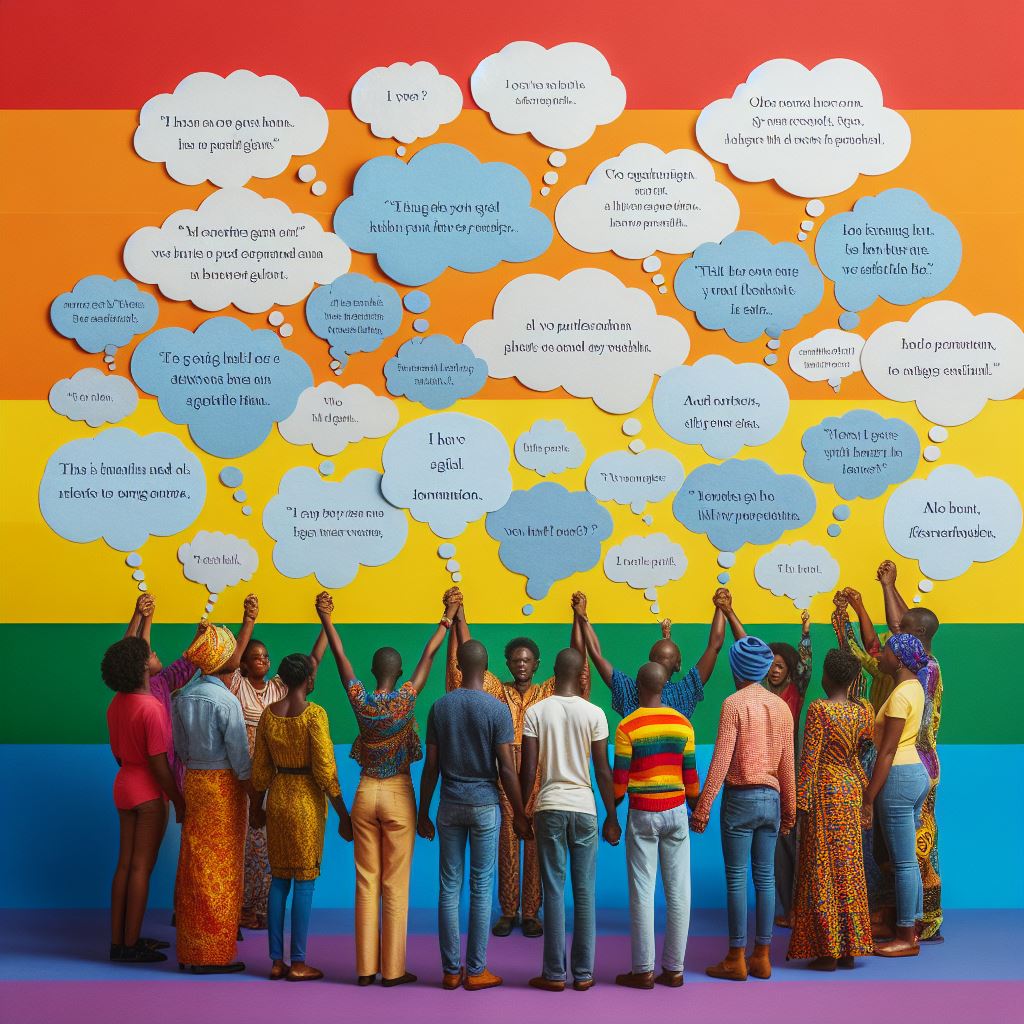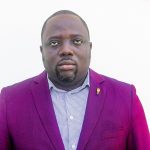Monrovia, Liberia: Liberia’s stance on LGBTQ rights has come under scrutiny as the Joseph Nyumah Boakai administration assumes power in Liberia. There are mixed expectations in the LGBTQ community in Liberia as to whether the new government would bring about a more inclusive age, as they have long endured marginalization and persecution or not.
Given the deeply rooted traditional nature of the top two elected leaders, the likelihood seems an uphill battle that the rights to sexuality would be freely practiced in Liberia.
On January 22, 2024, Joseph Nyumah Boakai will take office and inherit a complicated sociopolitical environment. Like many other African countries, Liberia struggles with deeply ingrained cultural and religious beliefs that frequently conflict with contemporary views on LGBTQ rights. The government’s position on this matter will influence Liberia’s future in the international world as the country finds itself at a crossroads.
President George Weah’s former administration came under fire for what was seen as a lack of action toward LGBTQ rights. The difficult problem facing the Boakai administration is to handle this matter while honoring the various beliefs and viewpoints that Liberians have.

The LGBTQ+ community in Liberia suffers numerous obstacles on the social and legal fronts.
Legal Challenges: In Liberia, engaging in same-sex sexual conduct is illegal and carries a maximum sentence of three years in jail. Individuals who “are not husband and wife or living together as man and wife though not legally married” are covered by the law when they engage in oral or anal sex. Although this rule is rarely enforced and prosecuted, its mere presence may discourage LGBTQ+ victims of crimes from coming forward with their stories to the authorities. In Liberia, same-sex marriage is not accepted, and gender-affirming hormone therapy and surgery are not readily available.
Social Challenges: The LGBTQ+ community in Liberia persistently faces hostility and has intensified after the COVID-19 epidemic. The LGBTQ+ community, according to Jennifer Kuwa Henshaw, Executive Director of LEGAL, an advocacy group that deals with minority groups, is still fighting for equality in a nation that primarily sees them as the opposite of their culture. Since the COVID-19 breakout, members of the community have experienced numerous violent crimes. Because of the ongoing intimidation and harassment, several people have fled their houses and are lodging with friends somewhere else.
Despite these obstacles, there are a number of regional groups in Liberia that support and serve the LGBTQ+ population there. On the other hand, open hostility and intolerance against LGBTQ+ persons have increased in Liberia as a result of the implementation of new anti-same-sex statutes.
Even though the LGBTQ+ population in Liberia has numerous legal and societal obstacles, groups and activists are striving to better their lot and defend their rights.
LGBTQ rights activists are urging the government to uphold the rights of all people, irrespective of their gender identity or sexual orientation. They stress the significance of establishing an atmosphere that promotes tolerance and acceptance, contending that this is not just an issue of human rights but also vital for Liberia’s reputation abroad.
The government must exercise caution, though, given the deeply embedded cultural and religious convictions that frequently influence public opinion. The majority religions of Liberia are Christianity and Islam, and the country’s culture is conservative. Policies and attitudes around LGBTQ issues have historically been shaped by traditional standards, which are frequently based in these religious beliefs.
The administration of Boakai may think about using a multifaceted strategy to deal with this complicated scenario. Taking part in a national discourse with representatives from different civil society, religious, and cultural organizations could offer a forum for candid conversations and the creation of bridges.
Another crucial component of this strategy is education. Putting in place educational initiatives that encourage tolerance and understanding could aid in debunking myths about LGBTQ problems. The government may also think about collaborating with regional and global groups to offer assistance and resources to LGBTQ people who are subjected to discrimination.
LGBTQ rights have come under more international strain and scrutiny recently, and Liberia is not exempt from these global forces. The Boakai administration might find it advantageous to think about bringing the nation’s policies into compliance with international human rights standards while also keeping in mind the distinctive cultural background.
The administration should, however, proceed cautiously with any policy changes and take into account the possible response from conservative social groups. Gaining broad support for any legislative changes about LGBTQ rights would require finding a careful balance between advancement and cultural sensitivity.
Liberia’s future will surely be shaped by its stance on LGBTQ rights, particularly as the country enters a new era under President Joseph Nyumah Boakai. The way the administration handles this complicated matter with inclusivity and diplomacy will be a major factor in deciding Liberia’s place in the international arena.
Liberian-born Emmanuel Orlind Cooper is an accomplished multimedia journalist with extensive experience covering news and stories on a variety of media platforms. Orlind's work frequently demonstrates his profound grasp of the region and its complexity, given his Liberian heritage.
Now residing in Woodbridge, Virginia, he keeps connecting with readers across continents with his perceptive journalism and sharing his viewpoint. He is well-respected in the sector because of his unwavering commitment to honesty and morality, which sets him apart in the field.
Orlind's work is more than simply his job; it's a dedication to giving voice to the voiceless, illuminating unsung tales, and advancing the worldwide conversation on important concerns. His goal as a journalist is to use the media's power to change the world, not just to disseminate information. He is a key player in modern journalism because of the inspiration, education, and engagement that his work consistently provides.


